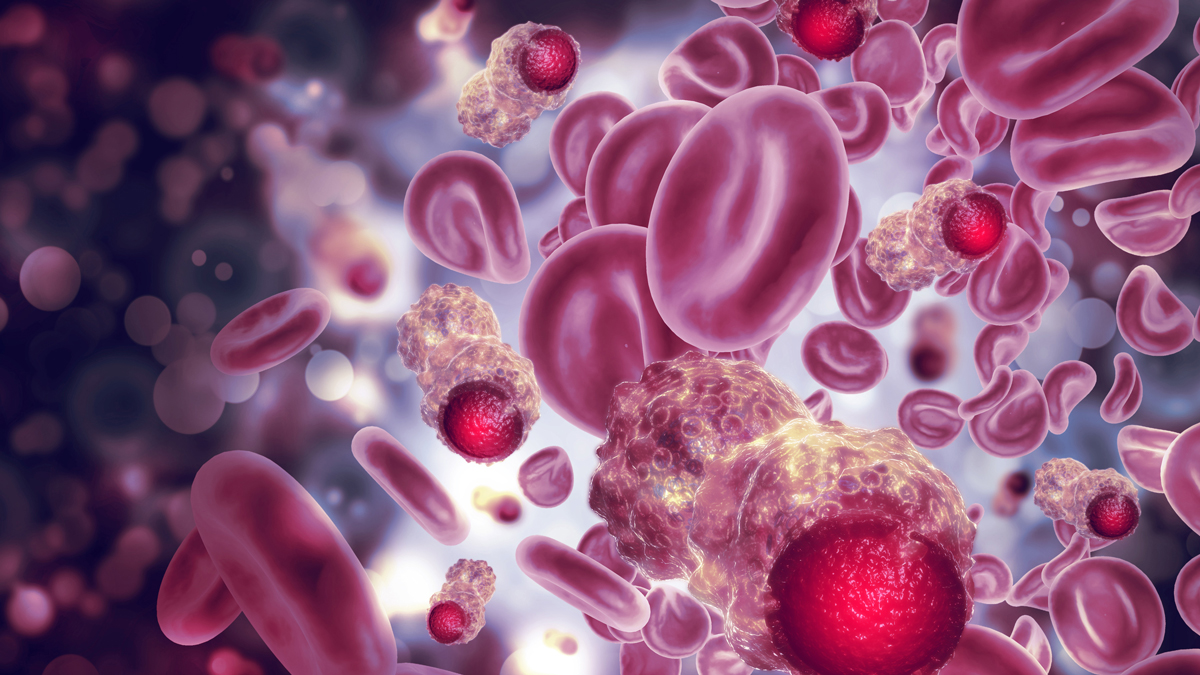Government
ASH: CD20 bispecific antibodies take centre stage in lymphoma
As Roche heads towards an FDA verdict on its CD20xCD3 bispecific Lunsumio for lymphoma before the end of
The post ASH: CD20 bispecific antibodies take…


As Roche heads towards an FDA verdict on its CD20xCD3 bispecific Lunsumio for lymphoma before the end of this year, rivals from Regeneron and AbbVie are starting to nip at its heels, with new clinical results reported at the American Society of Haematology meeting.
Lunsumio (mosunetuzumab) was approved in the EU as an intravenous treatment for patients with relapsed or refractory follicular lymphoma (FL) in June, becoming the first drug in the class to reach the market, and the FDA is due to decide on its review by 29 December.
The drug provides an “off-the-shelf” alternative to CAR-T therapies like Gilead Sciences’ Yescarta (axicabtagene ciloleucel) and Novartis’ Kymriah (tisagenlecleucel), which have complex manufacturing and administration procedures
At ASH, Regeneron reported pivotal phase 2 data with its CD20xCD3 candidate odronextamab in heavily pre-treated patients with relapsed/refractory diffuse large B-cell lymphoma (DLBCL) – like FL a form of non-Hodgkin lymphoma (NHL) – that it says will form the basis of regulatory filings next year.
The results showed efficacy for the bispecific whether or not they had previously been treated with CAR-T therapies.
In the CAR-T-naïve group, IV odronextamab achieved an objective response rate (ORR) of 49% – including 31% complete responses (CR) in the phase 2 ELM-2 trial. Meanwhile, in a group of patients previously treated with CAR-Ts in a phase 1 study, follow-up results showed an ORR of 48% and a CR of 32%.
With that efficacy data odronextamab looks like it could be a challenger to Lunsumio , although there was some discussion at ASH about its safety, with 10% of patients discontinuing treatment because of side effects and five deaths “where the relationship to odronextamab treatment could not be excluded.” Those deaths came despite a dosing change that was meant to improve ondronetamab’s tolerability.
The safety concerns would provide an opportunity for AbbVie and partner Genmab, whose CD20xCD3 candidate epcoritamab – which can be given subcutaneously – also had new data at ASH. Epcoritamab is a little further ahead in development as it was filed for approval last month in the US on the strength of the phase 1/2 EPCORE trial with a decision due next March.
At ASH, the partners presented updated results from EPCORE in DLBCL patients eligible for autologous stem cell transplant, showing an 85% ORR, with 67% complete metabolic responses (CMR).
Other readouts from the study included combination data with rituximab and lenalidomide in previously treated FL – with a CMR of 80% and partial metabolic response (PMR) of 15% – rising to 86% and 8% respectively in a previously untreated cohort.
Roche meanwhile is already working on a follow-up to Lunsumio with a subcutaneous formulation as well as glofitamab, another IV CD20xCD3 bispecific which featured at this year’s ASCO congress and is also under regulatory review in DLBCL.
New data at ASH – which coincided with publication in the New England Journal of Medicine – showed a 39% CR rate with the drug after a year’s follow-up in patients with relapsed or refractory DLBCL who had received at least two lines of therapy previously. Discontinuation of treatment due to adverse events occurred in 9% of patients with no deaths.
The post ASH: CD20 bispecific antibodies take centre stage in lymphoma appeared first on .

Here Are the Champions! Our Top Performing Stories in 2023
It has been quite a year – not just for the psychedelic industry, but also for humanity as a whole. Volatile might not be the most elegant word for it,…
AI can already diagnose depression better than a doctor and tell you which treatment is best
Artificial intelligence (AI) shows great promise in revolutionizing the diagnosis and treatment of depression, offering more accurate diagnoses and predicting…
Scientists use organoid model to identify potential new pancreatic cancer treatment
A drug screening system that models cancers using lab-grown tissues called organoids has helped uncover a promising target for future pancreatic cancer…













